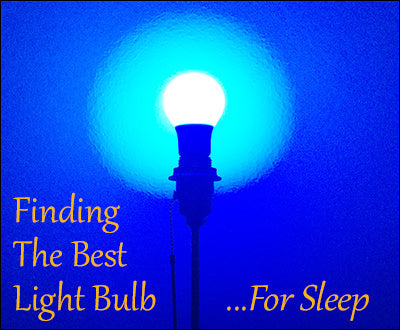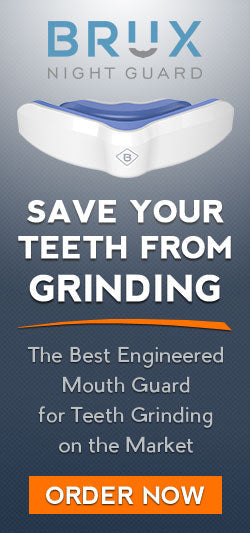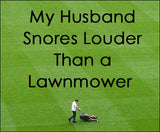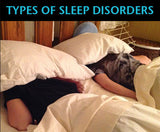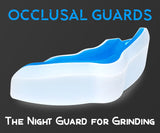'Light' Sleeping: Finding the Best Light Bulb for Sleep
One glance around the office and it's pretty obvious that most people aren't getting enough sleep. That said, you might be too tired yourself to be bothered with the amount of sleep others are getting.
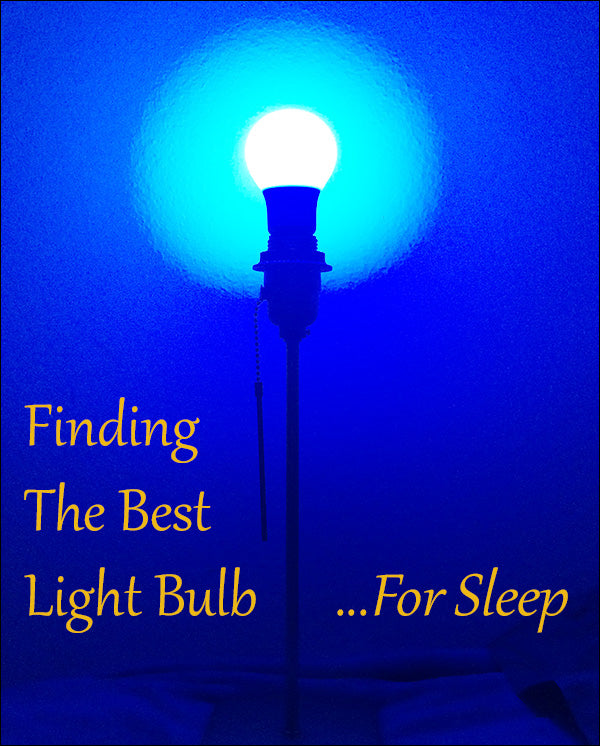
Sleep deprivation is serious business. So much so, the Centers for Disease Control and Prevention (CDC) have classified lack of sleep as a public health problem.
"Sleep insufficiency may be caused by broad scale societal factors such as round-the-clock access to technology and work schedules, but sleep disorders such as insomnia or obstructive sleep apnea also play an important role," writes the CDC.
The agency reports that an estimated 50 to 70 million adults in the United States have sleep or wakefulness disorders.
A recent study by a sleep specialist and clinical psychologist, Michael Breus, suggests changing your light bulbs could have an impact on your sleep.
Blue light, which is inherent in many televisions, smartphones, digital tablets and, you guessed it, computers are bad for the body, especially at night. This is because light interferes with our circadian rhythm.
"Blue light is bad for sleep," Breus tells "CBS This Morning." The sleep specialist added "that there's a very particular wavelength of light that's blue and when it hits certain cells in your eyes, it tells them to turn off the melatonin faucet in your brain. Well, you kind of want that faucet on when you're falling asleep."
Can Sleep Disruption Cause Health Problems?
The consequences of creating chaos within our circadian rhythms aren't just feeling tired either. An article in The New York Times notes that repeated sleep disruption can lead to some of the following health problems:
- Decreased ability to lose weight
- Lack of interest in sex
- Mood swings
- An increased risk of cardiovascular disease and certain cancers
Blue Light and Other Sleep Options
So how do you get rid of the blue light? LED light bulbs offer a solution and the technology is only getting better.
Apple created Night Shift, which adjusts the amount of blue light in its phones and iPads. There are also apps like f.lux that reduce blue light coming from the computer screen based on the time of day.
Whether or not interior designers like LED light bulbs, there are also solutions for the home, though this technology is still on the higher end.
The Phillips' Hue smart bulbs can change the lighting in a room in an effort to cut out blue light, either preset or at the touch of an app on your computer or phone. The starter kit for Hue, however, comes in at $199 for three bulbs and the technology to link them to your wireless network.
Other smart lights range from $25 to $30 for a single bulb making it possible to start small and build up to the perfect hew of sleep perfected ambiance.
"We really need to start thinking about light as medicine," Breus told CBS. "Light affects all aspects of our health, it affects us in a lot of different ways. You know, just like there's junk food I think there's junk light."
We've known for quite some time that exercise impacts sleep, just as much as eating healthy foods on a regular basis. Now we can add "light" as another ingredient for determining whether we toss and turn, or sleep through the night.

